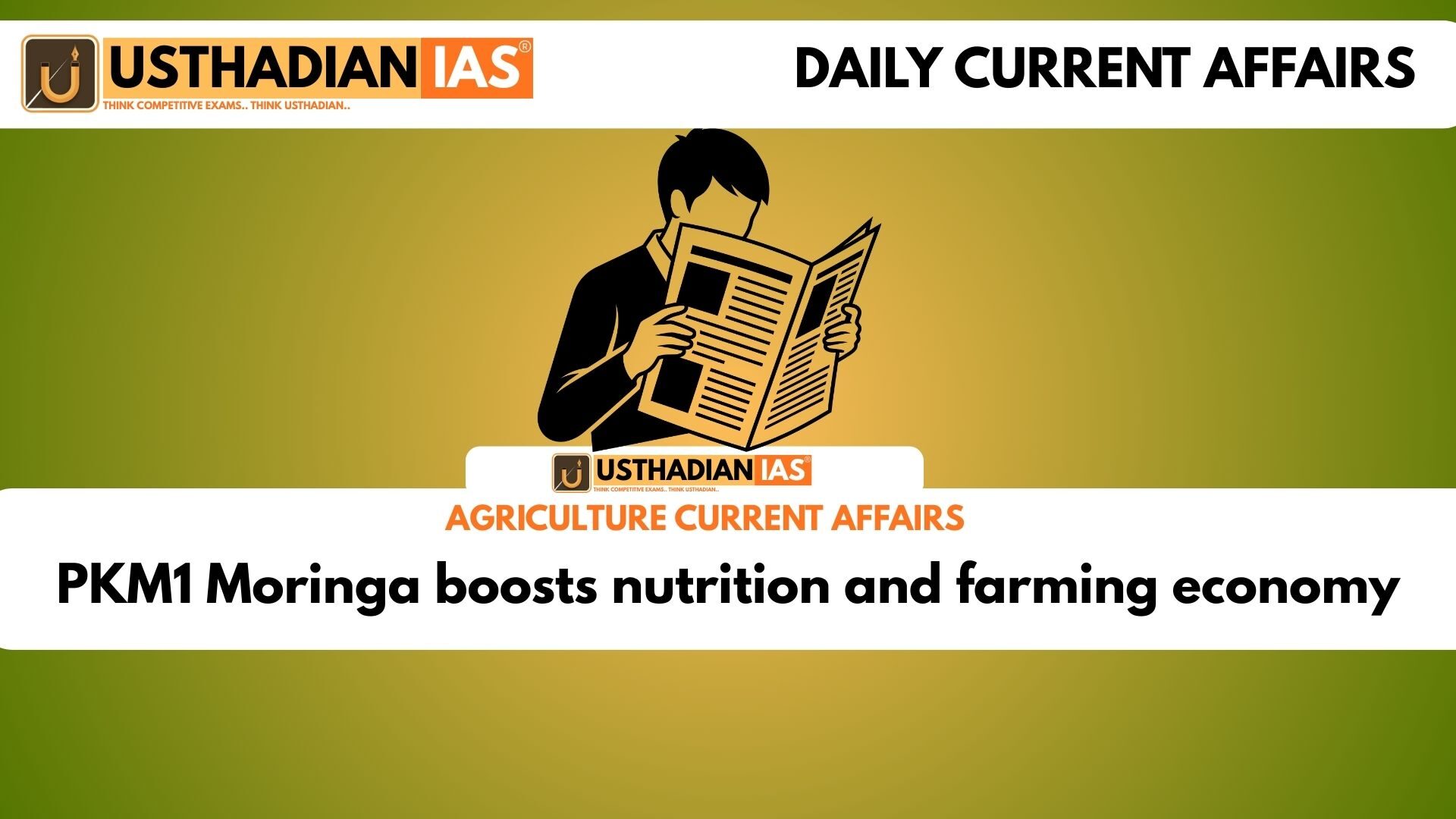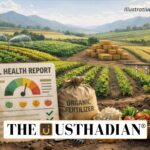New moringa variety helps fight malnutrition
PKM1 Moringa boosts nutrition and farming economy: The PKM1 variety of Moringa oleifera has changed how moringa is used across the world. Developed in the late 1980s by the Horticulture College and Research Institute in Periyakulam, located in Tamil Nadu’s Dindigul district, this new variety was different from the native ones. Before PKM1, there were around six types of native murungai (moringa) trees in India. These traditional types were perennial and lived up to 30 years, growing quite tall and making harvest difficult.
PKM1, however, was designed to be compact and manageable, growing up to just six feet. This made plucking easier and more suitable for commercial farming. But its benefits didn’t stop there. The leaves and flowers of PKM1 are rich in essential nutrients. In African countries such as Senegal, Rwanda, and Madagascar, this variety has helped address malnutrition, especially among children. Its quick-growing nature and nutrient density have earned it a strong place in global food strategies.
Tamil Nadu leads the world in moringa
Tamil Nadu produces nearly 24% of the world’s moringa, making it not just the leading state in India, but also a global hub. Districts such as Theni, Dindigul, and Karur are famous for their widespread moringa farms. The warm and semi-arid climate in these districts suits moringa cultivation perfectly.
Now, there are plans to create a ‘Moringa Export Zone’ across key cultivation areas like Madurai, Theni, Dindigul, Thoothukudi, Ariyalur, and Tiruppur. This will make exports smoother and help farmers get better prices. It also shows the state’s push to make moringa a high-value agricultural product internationally.
Static facts linked with PKM1
The development of PKM1 also reflects how India’s research institutions have shaped modern agriculture. The Periyakulam Horticulture College, which is part of Tamil Nadu Agricultural University (TNAU), has played a central role in introducing varieties suited for both nutritional and commercial goals. The term “PKM” in PKM1 stands for Periyakulam, highlighting its local roots.
Moringa itself is often called the “drumstick tree” in India. It’s packed with Vitamin A, Vitamin C, calcium, iron, and potassium, and is now a superfood in global markets. From village homes to export markets, moringa’s journey shows how traditional crops can meet modern needs.
Static Usthadian Current Affairs Table
| Topic | Details |
| Full form of PKM | Periyakulam |
| Developed by | Horticulture College, Periyakulam |
| Year introduced | Late 1980s |
| State with highest production | Tamil Nadu |
| Share in world production | 24% |
| Key districts | Theni, Dindigul, Karur, Madurai, etc. |
| Export zone name | Moringa Export Zone |
| Native moringa lifespan | Up to 30 years |
| Nutrients in PKM1 | Vitamin A, C, calcium, iron, potassium |
| Countries using PKM1 | Senegal, Rwanda, Madagascar |








